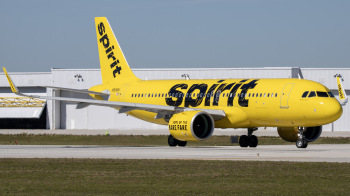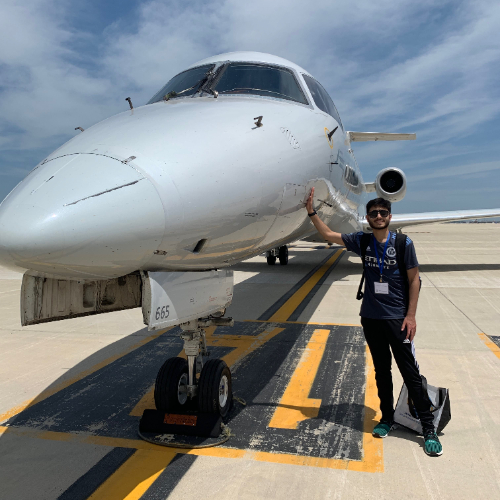![Pratt & Whitney has told Airbus it will deliver sufficient PW1100G engines to support at least 56 deliveries of the A320neo during 2016. [Photo: Pratt & Whitney]](https://www.ainonline.com/cdn-cgi/image/width=3840,format=webp,quality=95/https://backend.ainonline.com/sites/default/files/styles/fpsc_1200x630/public/uploads/2016/06/pw1100g_a320neo_web.jpg?h=2e5cdddf&itok=_H__ZsDD)
Pratt & Whitney has been going through a rough patch in recent years. Many of the manufacturer's recent woes have been attributed to issues involving its PW1100G engines. But what are these issues, and how widespread are they?
Pratt & Whitney PW1100G Issues
The PW1100G is one of two engine types offered by the Airbus A320neo family, the other being the CFM LEAP-1A. The Po operator overall.
The 1100G is part of the PW1000G engine family, and what makes these engines unique is that these are geared turbofan engines, also known as GTF. So unlike a regular turbofan engine where a single shaft connects all components, the PW1000G engine family features gearboxes between the fan and low-pressure core. This feature allows each section to operate at optimal speed.

The large front fan spins slower for maximum air intake efficiency, while the core operates much faster for improved thrust generation. These characteristics helped the PW1000G family deliver up to 16% improvements in fuel efficiency compared to previous generation engines and a 75% reduction in noise.
However, despite the innovation of the PW1000G family, the 1100G variant powering the Airbus A320neo family encountered problems during its early stages, including in-flight failures. Other issues, such as engine vibrations, began surfacing in 2018, severely affecting airlines like Lufthansa, who had to ground their entire A320neo fleet and look for early engine changes.
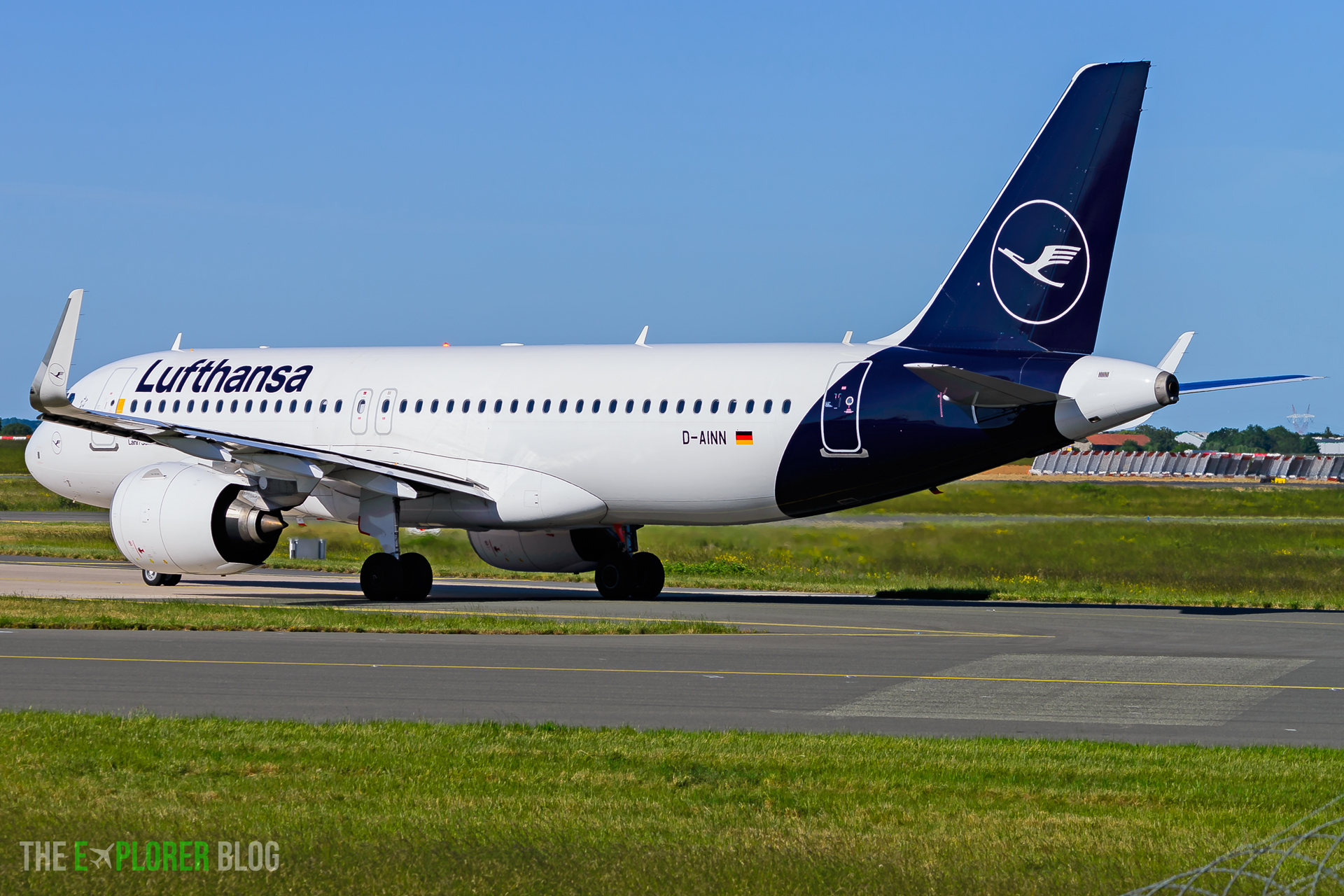
Various airlines continued to cite reliability issues with their PW-powered A320neos, a prominent example being the Indian low-cost airline GoFirst, previously known as GoAir. In 2023, GoFirst faced massive operational problems, which they claim were initiated by massive supply chain struggles.
Specifically, they had problems sourcing airworthy PW1100G engines for their planes. Pratt & Whitney engines powered GoFirst's entire fleet of NEO planes, and their inability to procure new engines quickly played a big part in the carrier's filing for bankruptcy last year.

Since 2023, another major issue surfaced with the PW1100G engines. Engines manufactured between the fourth quarter of 2015 and the third quarter of 2021 were found to have a problem with contaminated powdered metal.
This powdered metal was used in various engine components and was found to cause cracking in the stage 1 and 2 disks of the high-pressure turbine.
The cracks could cause uncontained engine failures, So Pratt & Whitney announced the need for significant repairs. In September 2023, the company announced they would need to increase the number of engines required for inspection. That number is around 3,000 engines needing extensive repairs. It is so vast that the fixes are estimated to take 250-300 days per engine.
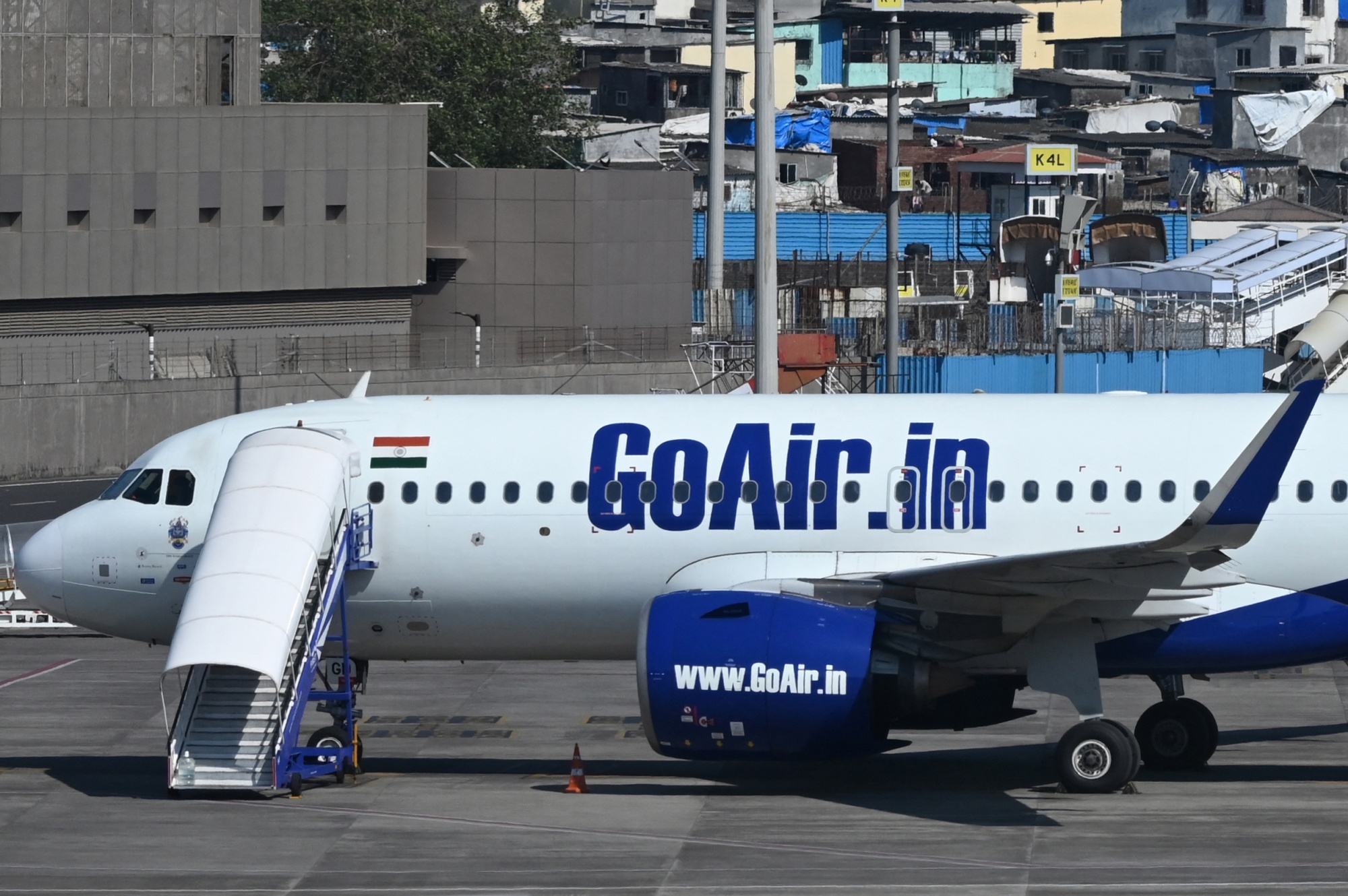
Worldwide Impact Of Pratt & Whitney Aerospace Engines Issues
The effects of the Pratt & Whitney engine issues are being felt worldwide. We already talked about GoFirst shutting down last year because of them, but speaking of India, low-cost giant IndiGo has had to ground over 70 planes because of these engine issues.
Not too long ago, Turkish Airlines announced that it expects to ground between 40-45 A321neos this year and into 2025 over the PW1100G issues. The airline has already grounded JetBlue's 20 such aircraft. Most notably, at least here in the U.S., JetBlue's A321neos also suffered from the same issues.
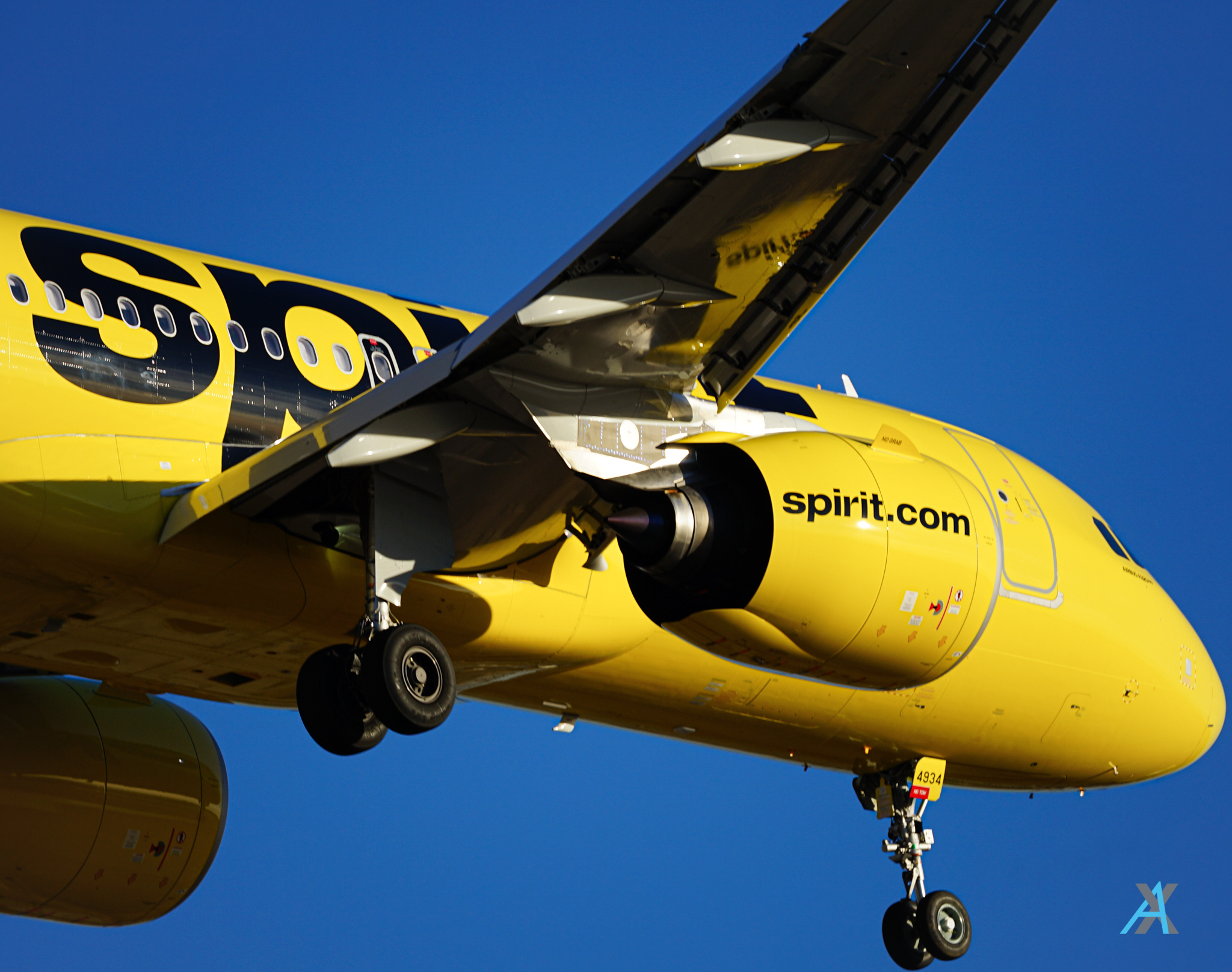
Spirit Airlines is the U.S. carrier most impacted by these issues, as its entire fleet of A320neo and A321neos are powered by the PW1100G. Spirit expects to ground its carrier's A320neos this year for inspections, increasing to 70 by 2025.
The carrier hasn't outlined any plans to make up for these groundings, but there are probably a few options. Spirit plans to furlough up to 260 pilots in September as it has too many employees and insufficient planes. It will defer new aircraft orders from the second quarter of 2025 through 2026.
Pratt & Whitney's Engine Services Issues
Unfortunately, not just the 1100G variant of Pratt's 1000G engine family has been facing issues. The PW1500G variant, the only engine type powering the Airbus A220, also had its fair share of recent problems but not as widespread as the 1100.
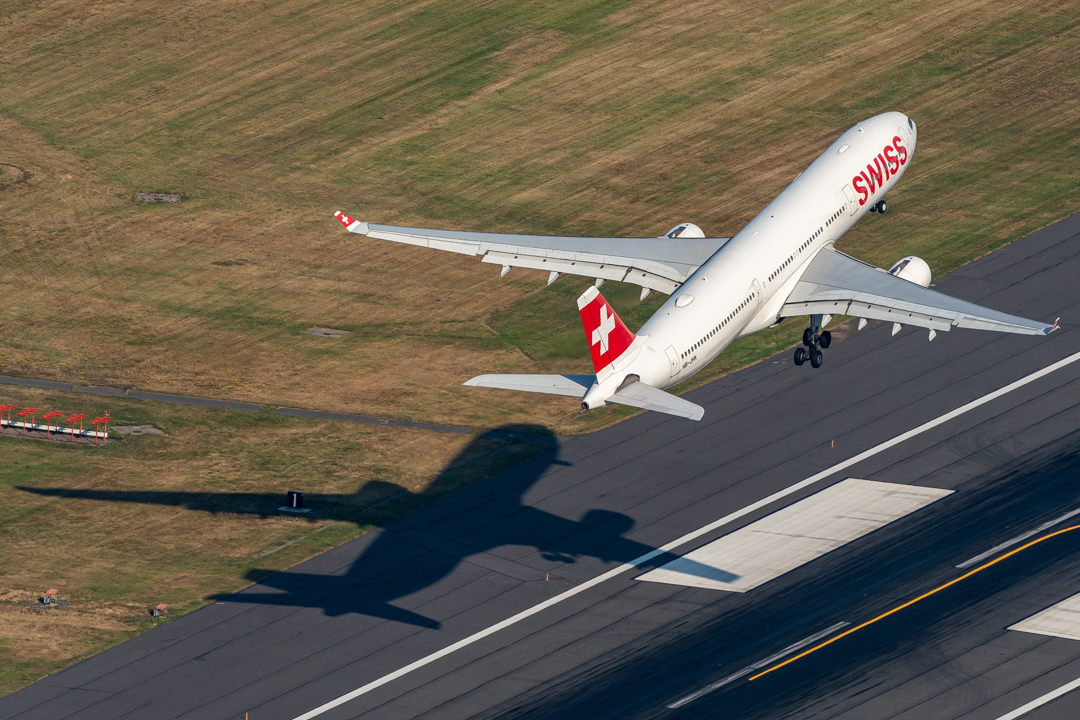
Various airlines like Swiss and Air Baltic have had to ground large numbers of their A220 fleets due to problems like inflight engine shutdowns. Various aircraft remain grounded as supply chain issues have made timely repairs challenging.
Other impacted airlines were A220's Tanzania and Iraqi Airways. Some carriers were so unsatisfied with the A220's reliability that they started looking for replacements. Air Senegal, for example, took delivery of one A220-300 before soon deciding to cancel its entire lease agreement for the aircraft over supply chain issues related to engine repairs.
Probably most famously, Egyptair sold its entire fleet of 12 A220-300s because the engine issues became too much in Egypt. The carrier also found that the A220 was unreliable enough to fit in Egypt's dry climate.
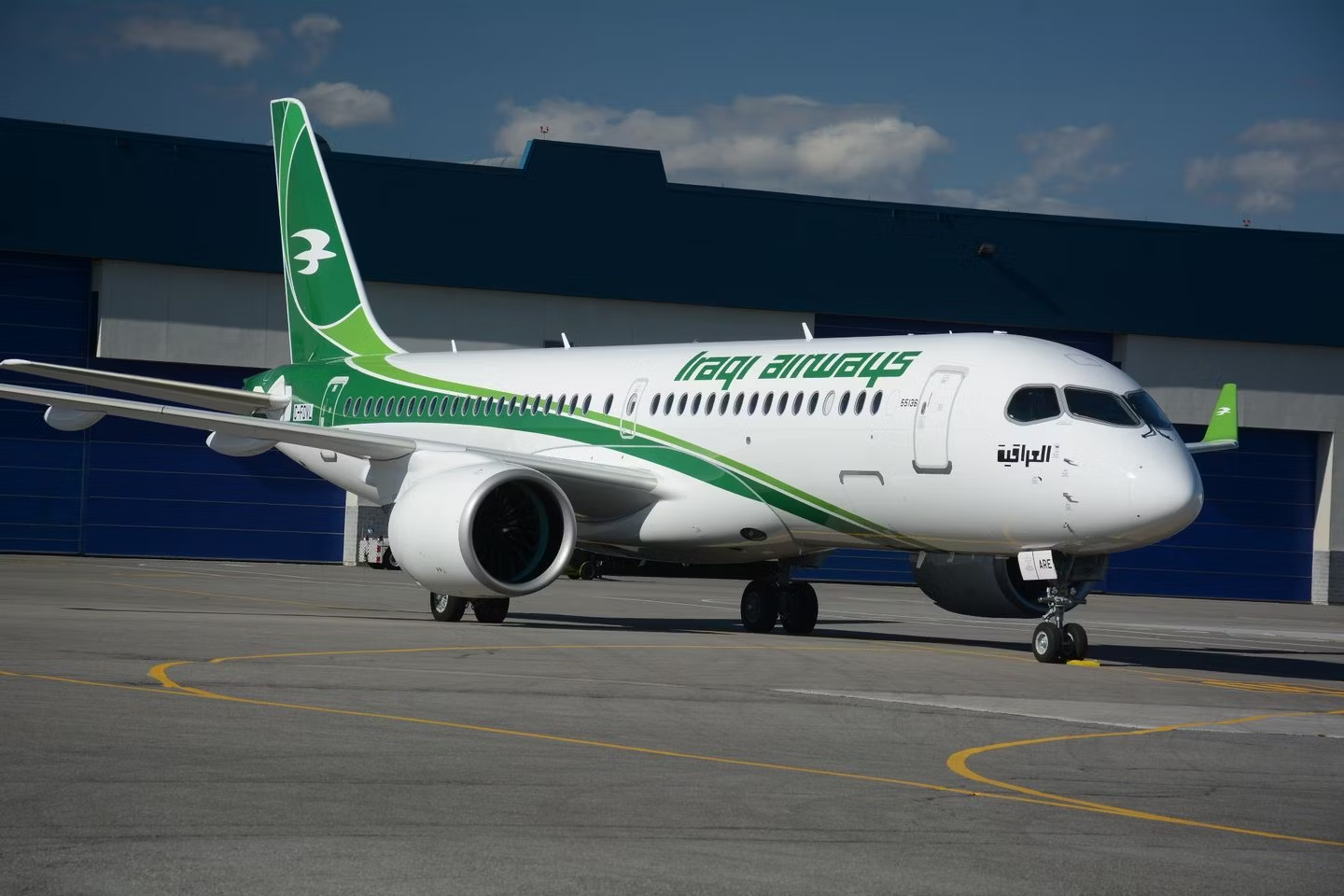
Pratt & Whitney because they seemingly cannot catch a break. Just three years ago, the company was involved in another debacle related to the -112 model of the PW4000 engine. This controversy stemmed from three incidents involving this engine type, causing all PW-powered 777s worldwide to be grounded.
That grounding affected airlines like United, Japan Airlines, ANA, and all three major South Korean carriers. The 777 PW4000 engine issues have since been resolved, and most carriers have returned those planes to service, except JAL, who opted for an early retirement.
Comments (0)
Add Your Comment
SHARE
TAGS
STORIES Pratt & WhitneyPW1100Gengine issuespratt and whitney enginespw engine issuesa320neo engine issuesairbusairbus engine issuesairbus a320neoairbus a220 Pratt & Whitney Engines services Pratt & Whitney AerospaceRECENTLY PUBLISHED
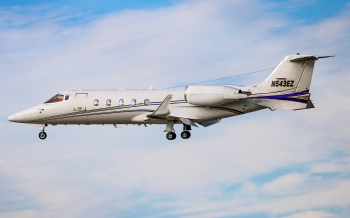 Learjet Owned By Vince Neil Crashes Into Gulfstream Jet, 1 Fatality Confirmed
On February 10th, around 14:30 local time, a Learjet private jet aircraft crashed into another private jet after landing at Scottsdale Airport (SCF) in Arizona.
NEWS
READ MORE »
Learjet Owned By Vince Neil Crashes Into Gulfstream Jet, 1 Fatality Confirmed
On February 10th, around 14:30 local time, a Learjet private jet aircraft crashed into another private jet after landing at Scottsdale Airport (SCF) in Arizona.
NEWS
READ MORE »
 Seattle Plane Strike 2025: Japan Airlines and Delta Collision Raises Safety Concerns
Seattle-Tacoma International Airport saw a concerning incident on Wednesday morning when a Japan Airlines (JAL) plane clipped a parked Delta Air Lines jet while taxiing. Thankfully, no one was injured, but passengers described the collision as a frightening experience.
NEWS
READ MORE »
Seattle Plane Strike 2025: Japan Airlines and Delta Collision Raises Safety Concerns
Seattle-Tacoma International Airport saw a concerning incident on Wednesday morning when a Japan Airlines (JAL) plane clipped a parked Delta Air Lines jet while taxiing. Thankfully, no one was injured, but passengers described the collision as a frightening experience.
NEWS
READ MORE »
 Ethiopian Airlines Expands Cargo Fleet with New Boeing 777 Freighter
Ethiopian Airlines has expanded its cargo fleet with a brand-new Boeing 777 Freighter, registered as ET-BAB (MSN 68140). The aircraft was delivered directly from Boeing’s factory in Everett, Washington, USA, and landed at Addis Ababa Bole International Airport at 3:41 PM (GMT+3) on Wednesday, January 22, 2025.
NEWS
READ MORE »
Ethiopian Airlines Expands Cargo Fleet with New Boeing 777 Freighter
Ethiopian Airlines has expanded its cargo fleet with a brand-new Boeing 777 Freighter, registered as ET-BAB (MSN 68140). The aircraft was delivered directly from Boeing’s factory in Everett, Washington, USA, and landed at Addis Ababa Bole International Airport at 3:41 PM (GMT+3) on Wednesday, January 22, 2025.
NEWS
READ MORE »



